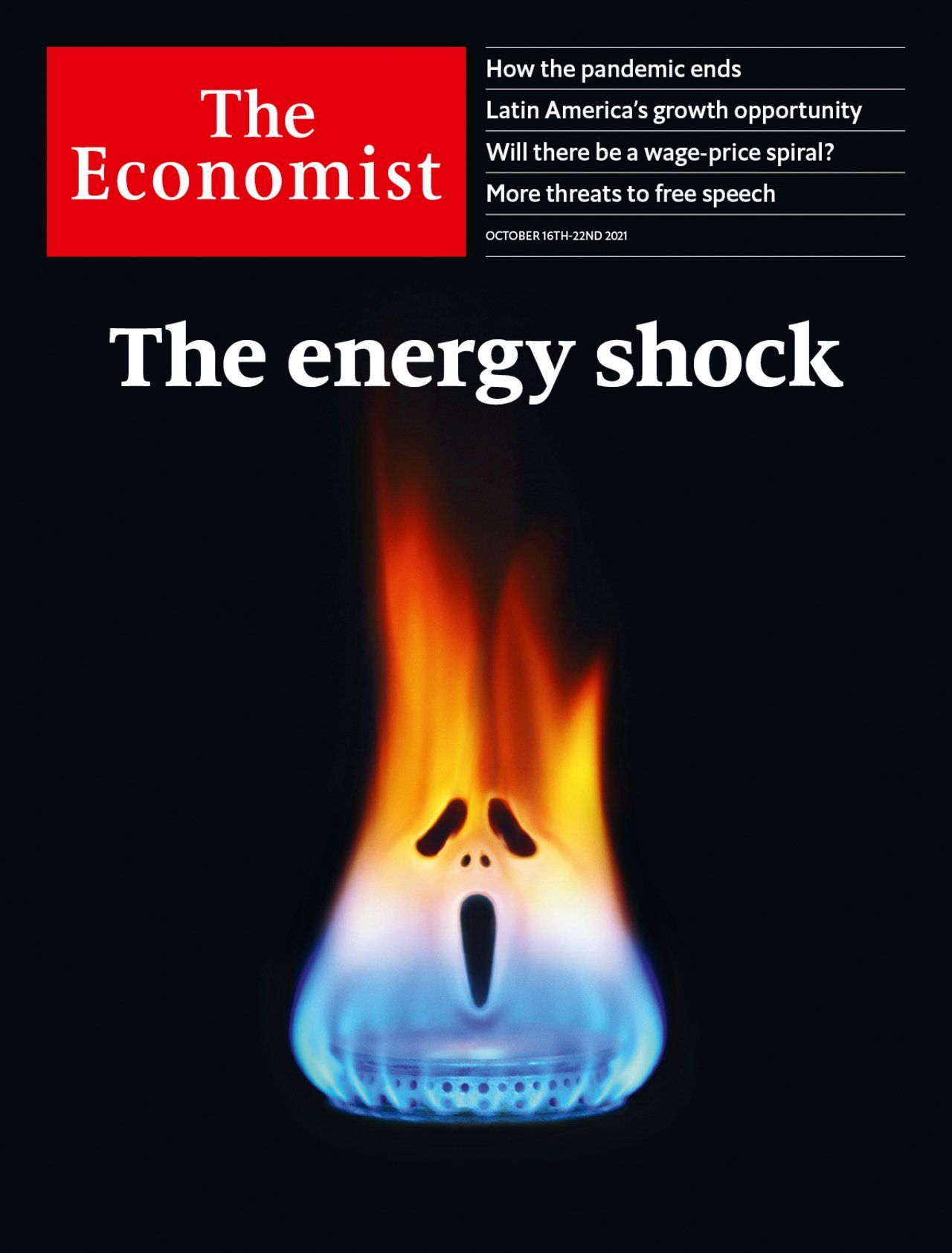The Nobel prize in economics celebrates an empirical revolution
David Card shares this year’s award with Joshua Angrist and Guido Imbens

A “CREDIBILITY REVOLUTION” has transformed economics since the 1990s. Before that, theory ruled the roost and empirical work was a poor second cousin. “Hardly anyone takes data analysis seriously,” declared Edward Leamer of the University of California, Los Angeles, in a paper published in 1983. Yet within a decade, new and innovative work had altered the course of the profession, such that the lion’s share of notable research today is empirical. For enabling this transition David Card of the University of California at Berkeley shares this year’s economics Nobel prize, awarded on October 11th, with Joshua Angrist of the Massachusetts Institute of Technology and Guido Imbens of Stanford University.
This article appeared in the Finance & economics section of the print edition under the headline “Instrumental research”
Finance & economics October 16th 2021
- Wages are surging across the rich world
- Germany’s workers are in the strongest position in 30 years
- The IMF decides to keep its boss
- Another upward force on American inflation: the housing boom
- A new study finds that dirty money remains easy to hide
- Chinese companies suffer an intense cash crunch in offshore bond markets
- Credit-card firms are becoming reluctant regulators of the web
- How to think about the unstoppable rise of index funds
More from Finance & economics

Can anything spark Europe’s economy back to life?
Mario Draghi, the continent’s unofficial chief technocrat, has a plan

Has social media broken the stockmarket?
That is the contention of Cliff Asness, one of the great quant investors

American office delinquencies are shooting up
How worried should investors be?
China is suffering from a crisis of confidence
Can anything perk up its economy?
America has a huge deficit. Which candidate would make it worse?
Enough policies have been proposed to make a call
Why Oasis fans should welcome price-gouging
There are worse things in life than paying a fair price
